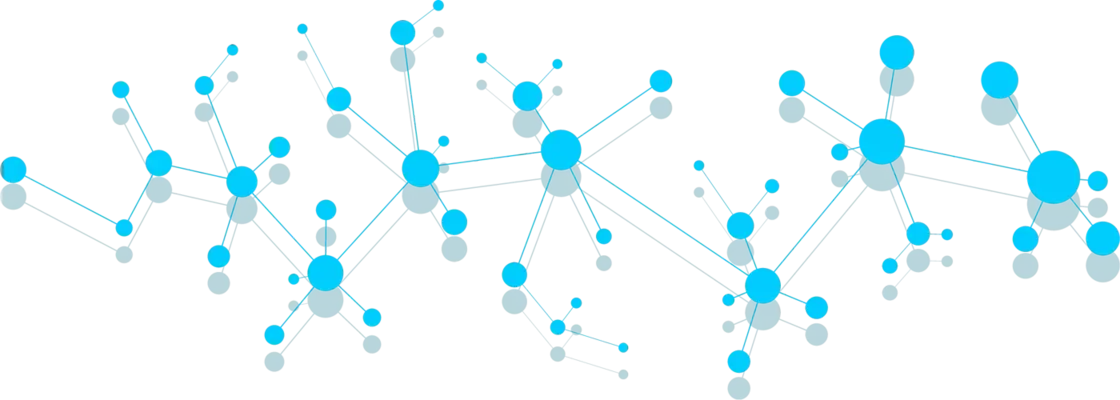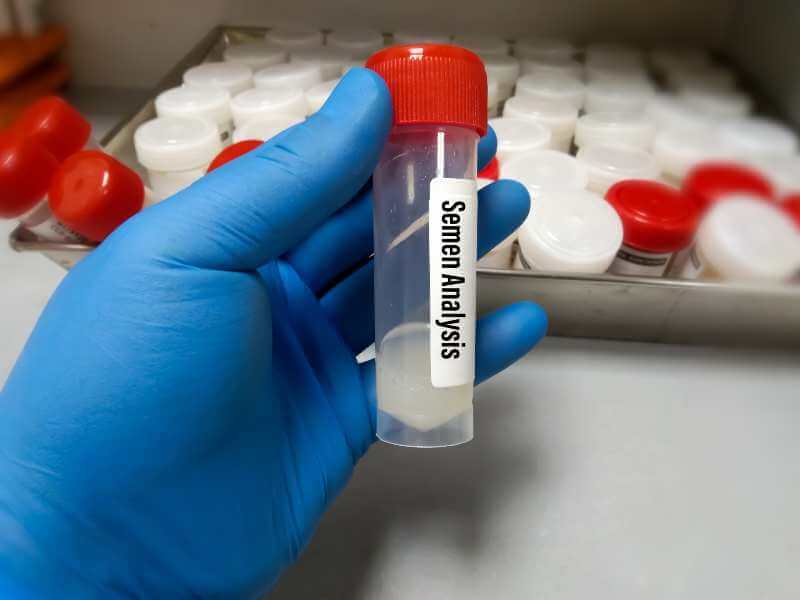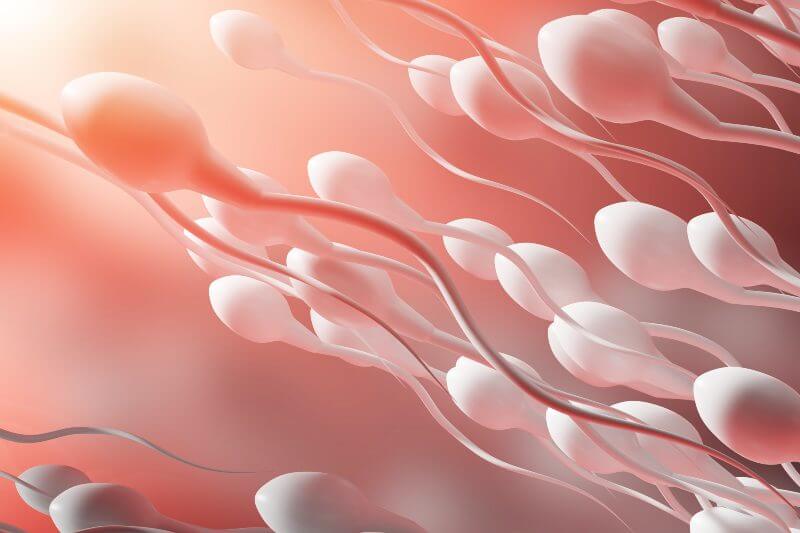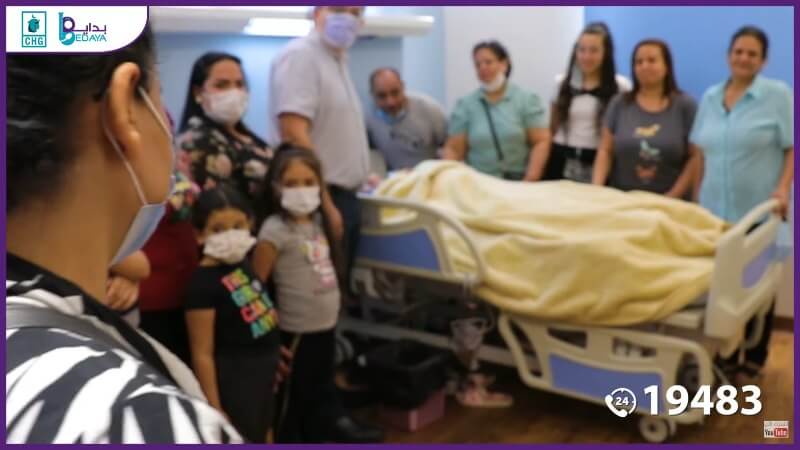Varicocele
Released at:Oct, 12 2023 •
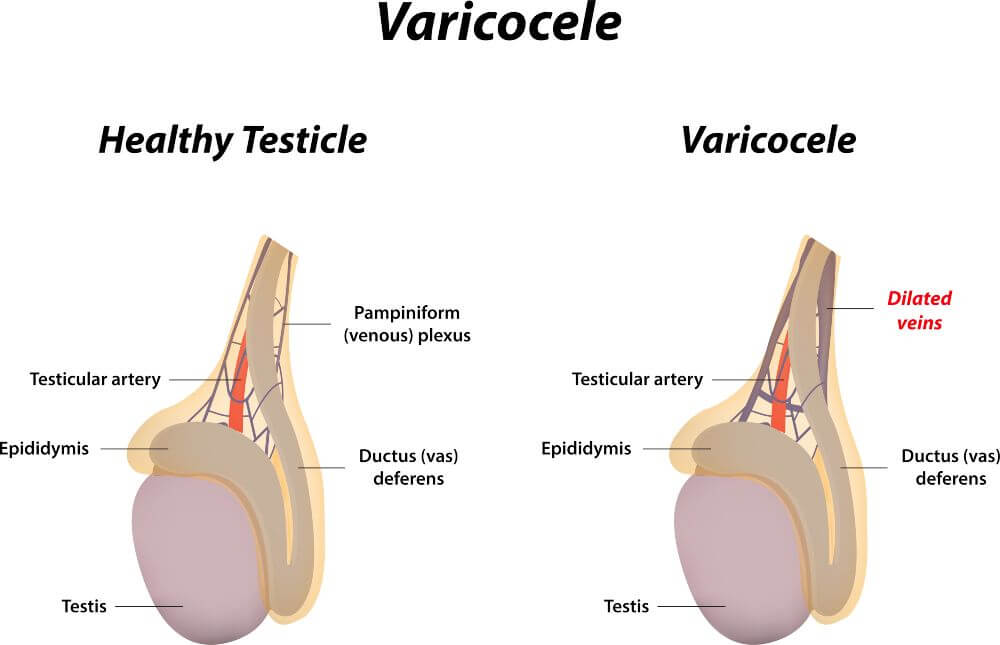

A varicocele is a common finding among men of all ages it affects 15% of men at some stage of their lives but is most common in men aged 15-25 and usually occurs unilaterally (on one side) the left one.
Varicocele
Varicoceles are usually asymptomatic, and you don’t experience any symptoms till they reach a certain stage or size. Signs you may have a varicocele are:
- An uncomfortable feeling or dull ache in testicles
- A heavy feeling in the scrotum “as if it’s being pulled at”
- Touching the scrotum feels like there is a bag of worms inside
- Scrotal mass
- Infertility
Varicocele is an enlargement of the veins inside the scrotum that transport oxygen depleted blood away from the testicles. The symptoms showing especially infertility rely on which of the types of varicocele you have.
Varicocele diagnosis
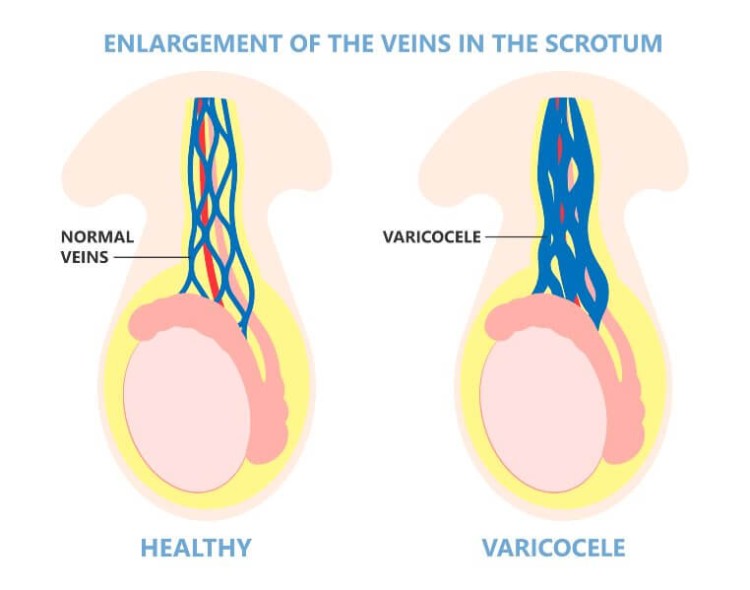
Arriving at the doctor’s office seeking help for the scrotum feeling like a bag of worms, dull pain, uncomfortable sensation in the groin area or prolonged infertility although having intercourse regularly without the use of contraceptives for over a year might have your physician suspect varicocele.
After proper history taking a physical examination of the groin area will be performed and a doppler ultrasound scan is done to confirm the diagnosis of varicocele.
Varicocele types
Varicocele is divided into 3 main types called grades.
• Grade I Varicocele
Cannot be seen by the naked eye or felt during the physical examination of the groin area. It can however be felt when the doctor requires the patient to do the Valsalva maneuver. You will be asked to take a deep breath hold it and press it downwards if there is a varicocele your doctor will be able to feel it.
• Grade II varicocele
This type of varicocele can also not be seen with the naked eye but can be felt without the Valsalva maneuver mentioned in Grade I varicocele.
• Grade III varicocele
This is the most advanced stage of varicocele. A physical examination isn’t needed the varicocele can be seen with the naked eye as soon as the doctor starts his physical examination.
What are the varicocele symptoms?
Varicose veins do not cause specific symptoms in most cases, but some patients may develop the following symptoms and signs:
- In case of Grade III varicocele, the dilated veins will be seen with the naked eye.
- In case of Grade II the feeling of a bag of worms in the scrotum might be felt by the patient.
- Dull pain and heavy feeling in scrotum mostly at the end of the day
- Uneven sized testicles (the testis is smaller on the affected side)
- Infertility problems (mostly due to decreased sperm production)
- If the varicocele is so bad it might affect testicular testosterone production which shows as:
- Inability to achieve a full erection
- Insomnia or the difficulty of sleeping in
- Depression
- Gaining weight fast especially abdominally
- Decreased libido
In the body veins carry oxygen depleted blood back to the heart. To prevent the blood from flowing backwards small valves in the veins close when that happens to force it to go forward. When these valves in scrotal veins stop working properly gravity does its work and blood flow stagnates causing dilatation of the veins which medically is called a varicocele. An untreated varicocele can over time damage the testicle and decrease fertility.
Varicocele treatment
Not all patients with varicocele need treatment, but when these varicose veins affect male fertility, it is best to treat it to maintain a healthy reproductive capacity.
The aim of varicocele treatment is to bypass the defective vein and redirect the bloodstream to normal veins.
The varicocele treatment options include:
Treatment of varicocele with medication
Treatment of varicocele with medication is usually symptomatic and not a cure. Pain killers such as ibuprofen or acetaminophen can be used to take the edge of scrotal pain and vitamins, or supplements might be prescribed to improve sperm count. A definitive cure for varicocele is however surgical. Several surgical techniques are available to treat varicocele your doctor based on your grade of varicocele, it being one or two sided and general health condition will decide which is best for you.
Percutaneous embolization
Percutaneous embolization is an image guided procedure not commonly used in the treatment of varicose veins in the testicles. The varicocele in this method is treated by inserting a catheter into one of the veins of the upper leg or groin area (decided based on an ultrasound image) and placing a coil or using sclerosing liquid to close the dilated vein.
Laparoscopic varicocele ligation
Laparoscopic varicocele ligation surgery to treat varicocele is a less invasive method than open surgery and requires less recovery time. Under general or local anesthesia an incision is made in the lower abdomen/pelvic area and a small endoscope with a camera is inserted to locate the varicocele and ligate it. Occasionally a hard tube-like structure is felt after ligation of the varicocele this disappears within 6-12 weeks.
Open surgery
Open surgery means cutting into the skin and tissues to explore the area and visualize all organs and tissues. If open surgery is the method chosen by your surgeon as the best way for your case. You will be put under general anesthesia, or a local anesthetic will be used. An incision will be made in the groin or lower pelvic area to locate the varicocele and ligate or clip it to bypass the circulation from the defective vein to a healthy one. It is worth noting that complications after open surgery are very few and are usually confined to simple pain that lasts for several days or weeks which can be treated with analgesics. Our team at Bedaya Hospital advices you to keep the wound clean and dry at all times, not to intensely work out for 3 weeks and take the prescribed antibiotics and analgesics diligently. An important sidenote is that sperm analysis results do not improve until at least 3 months post operatively.
Ways to prevent varicocele
- Wearing wide breathable clothes preferably cotton.
- Exercising regularly
- Maintaining a healthy Body Mass Index (BMI)
- Eating a healthy fiber and antioxidant rich diet
- Decrease or stop smoking
- If drinking be sensible
Varicocele effects on the fertility of men
Varicocele which is a dilatation in testicular veins which causes a stagnation of blood around the testes this increases the temperature inside the scrotum and is believed to be the underlying cause for lower sperm quantity and quality in patients with varicocele.


